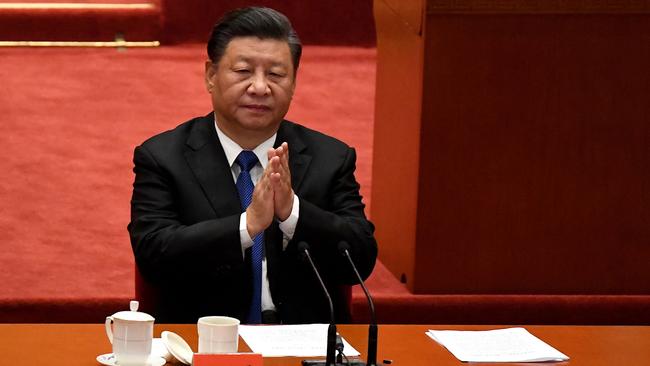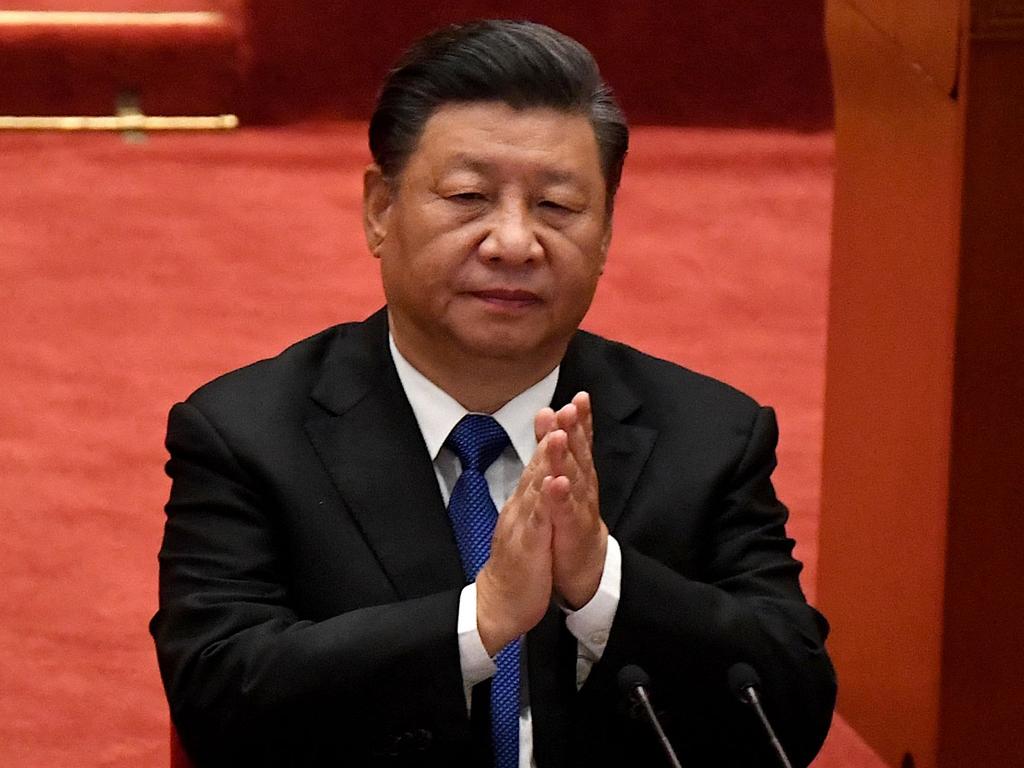Focus should be on China’s economy as pressure builds in property and energy sectors


“The geopolitics is taking a little bit of a step back,” she said. “There is a little bit more concern about the Chinese economy right now and the slowdowns we are seeing there.”
Her comments recognise the fact that while ties between the US and China are not great, there are some signs the Biden administration is looking for a more predictable relationship with China.
China reacted well to the talks last week in Switzerland between US national security adviser Jake Sullivan and China’s top diplomat, Yang Jiechi – a meeting which produced an agreement for a virtual meeting between Biden and Xi later this year.
Right now, Fraser warned, the real question was how much the Chinese economy would be slowing and what this would mean for global growth at a time when economies were emerging from Covid lockdowns.
The official Chinese goal is for economic growth of more than 6 per cent this year. But Citi’s prediction has been downgraded to around 4.9 per cent – even before more recent problems of power shortages.
There are a wide range of factors at play which are shaping the direction of the world’s second largest economy.
As former journalist Richard McGregor from the Lowy Institute pointed out the past three to four months have seen a plethora of policies introduced by Xi Jinping, from the crackdown on tech giants, gaming, and the private education sector, tax changes and tightening credit controls on the property sector.
McGregor argues some of these policies are being introduced with an eye on next year’s 20th Party Congress which is expected to confirm Xi’s continued leadership of China past the conventional 10-year term length.
Citi’s chief economist for China, Li-Gang Liu, told Wednesday’s conference that some of the slew of policy changes in recent months, which have seen the share prices of companies like Alibaba tumble, had shaken foreign investor confidence in China.
“The question that it being asked the most is whether China is still investable,” he said, describing some of the policies as “random and uncoordinated”.
Add to this longer term structural issues around the ageing of the population and pressure on China around reducing emissions.
A key issue being followed by policy makers around the world is what will happen to Chinese property giant Evergrande.
Will Beijing allow it to fail and if so could this become China’s own Lehman collapse which brought down the US economy in the wake of the financial crisis in 2008? Or can the government manage the situation with more targeted policies and cool the property sector with collapsing the company?
The Reserve Bank made a special mention of the company in its Financial Stability Review released last Friday, confirming that it is watching how the Chinese government handles the situation.
“At this stage,” the review said, “authorities are reluctant to support Evergrande directly … consistent with a desire to reduce both implicit guarantees and the economic importance of the property sector.”
But it warned that if Evergrande were to collapse “it could be a source of systemic stress if it shifts perceptions about overall risk in the property sector”.
It warns that a broader loss of confidence in the property sector in China could be “damaging for the financial system” and see many Chinese banks face large losses as they are significant creditors to the property developers.
Citi economists told the conference that a more severe slowdown in the Chinese property sector over the next year could shave another 50 basis points off the 4.9 per cent growth estimate.
More recently there has been the impact of power shortages due to shortages of coal in China. The economic implications of shortages across the country are now being examined in detail.
A Citi report this week predicted that China’s coal and power supply crunch would persist into the winter, estimating that it would force the government to mandate a 12 per cent cut in industrial power in the fourth quarter.
“This would increase stagflation risks and growth pressures on the Chinese and global economy over the coming winter, push energy prices higher and propel large scale curtailments in commodity downstream sectors in addition to existing shutdowns in upstream sectors.”
In short, this could have a depressing effect on commodity prices, particularly Australia’s main export to China – iron ore – if Chinese steel mills are forced to cut back production.
It could see iron ore prices more permanently come down to below $US100 a tonne over the next few weeks.
A broader question being asked about China is the future role of the private sector in Xi’s China, given that he could well be running the country for at least the next six years. It is the private sector, as economist Peter Drysdale pointed out, which is a key linkage between China and the rest of the world.
“The market-based system is not only critical to China, it is also critical to the way that the rest of the world interacts with China.”
The next official news about China comes next week with the release of the economic growth figures for the September quarter.
China has many policy levers to pull if it wants to pump up the economy. But as the world celebrates the opening up of economies, the state of the Chinese economy remains a downside risk.





While the headlines have been on geopolitical tensions between the US and China in recent times, Citi CEO Jane Fraser made it clear on Wednesday that her bigger concern was the potential slowdown in the Chinese economy.